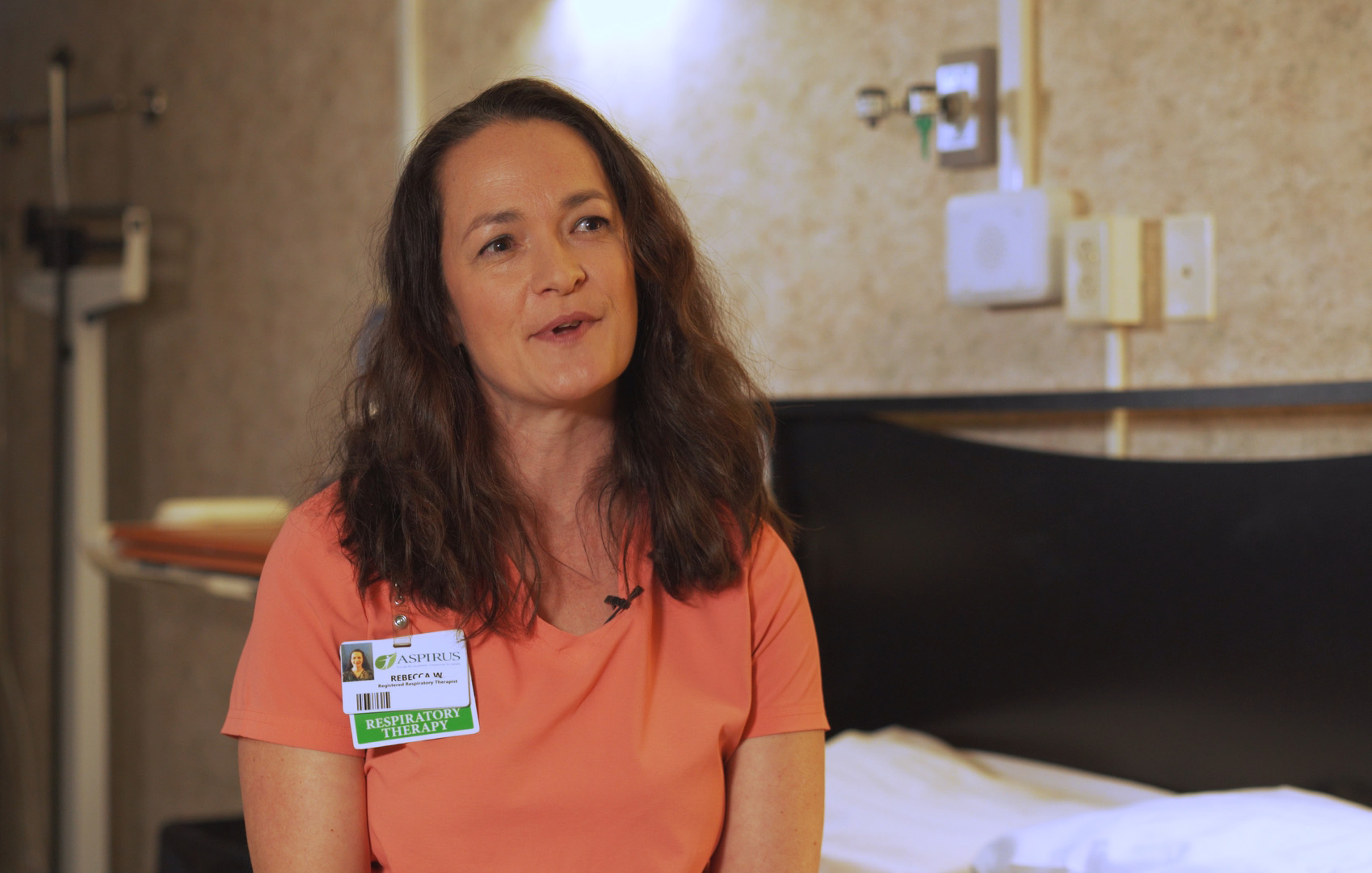Falling Back and Maintaining Healthy Sleep During Daylight Saving Time
10/31/2025

Rebecca Wagner, Aspirus Polysomnographic Technologist
As we prepare to
“fall back” and set our clocks one hour earlier on Sunday, November 2, it’s a
good time to reset not only our clocks but also our sleep habits.
While gaining an
extra hour of sleep may sound like a benefit, the change can still disrupt your
body’s internal rhythm. Even small shifts can affect how rested and alert you
feel.
“Even though we gain
an hour of sleep in the fall, the shift can still throw off our body’s rhythm,”
says Rebecca Wagner, Aspirus Polysomnographic Technologist. “The best way to
handle the change is by practicing good sleep hygiene. Keep a consistent bedtime,
avoid rigorous activity before bed, and limit screen time before sleep.”
For those who
continue to struggle with sleep, a professional sleep study might provide
valuable insight. Sleep
studies at Aspirus monitor vital signs, oxygen levels, and sleep patterns
to diagnose conditions like sleep apnea, restless leg syndrome, REM sleep
behavior disorder, insomnia, and narcolepsy.
“Sleep is
foundational to our physical, mental, and emotional well-being,” says Wagner.
“Insufficient sleep can lead to memory problems, increased anxiety, depression,
and additional strain on bodily functions.”
Aspirus Health
encourages individuals to take proactive steps to maintain healthy sleep
habits, especially during seasonal time changes, to support long-term health
and well-being.
For more information
about sleep health and services available at Aspirus, visit aspirus.org/sleep-medicine.
Back to all Posts